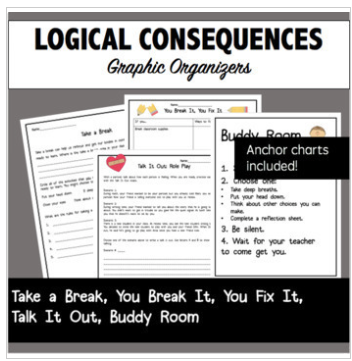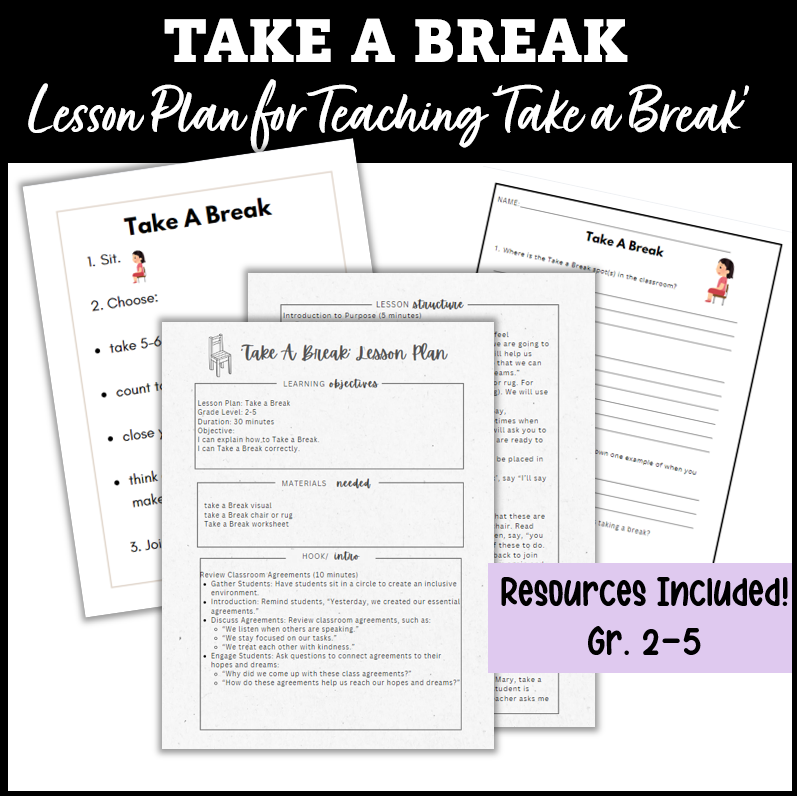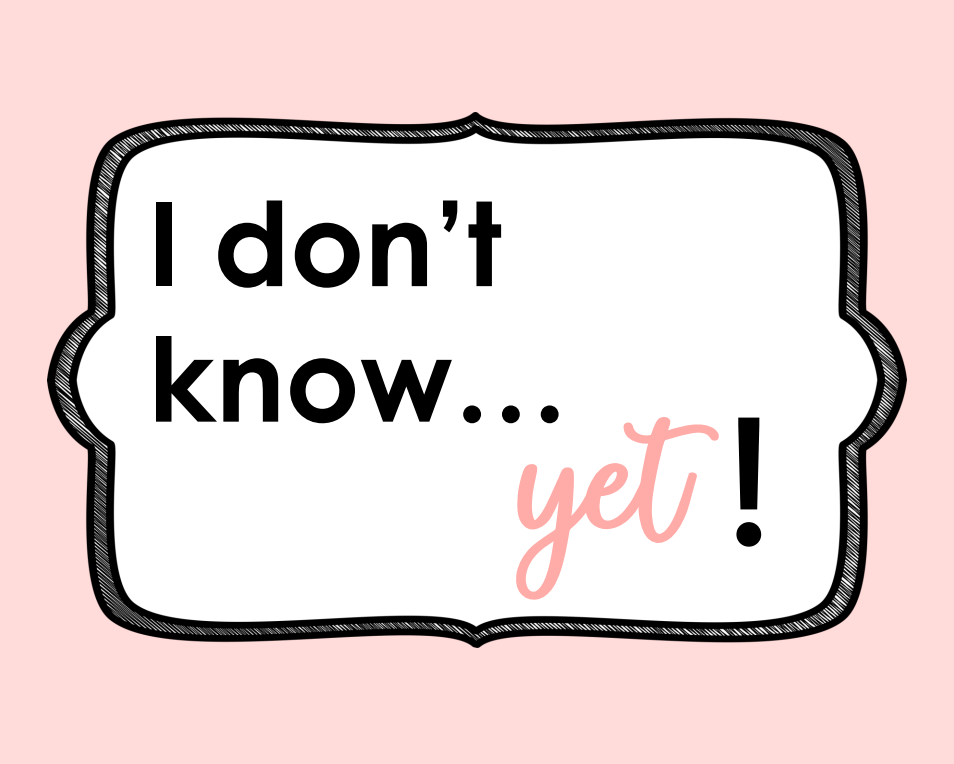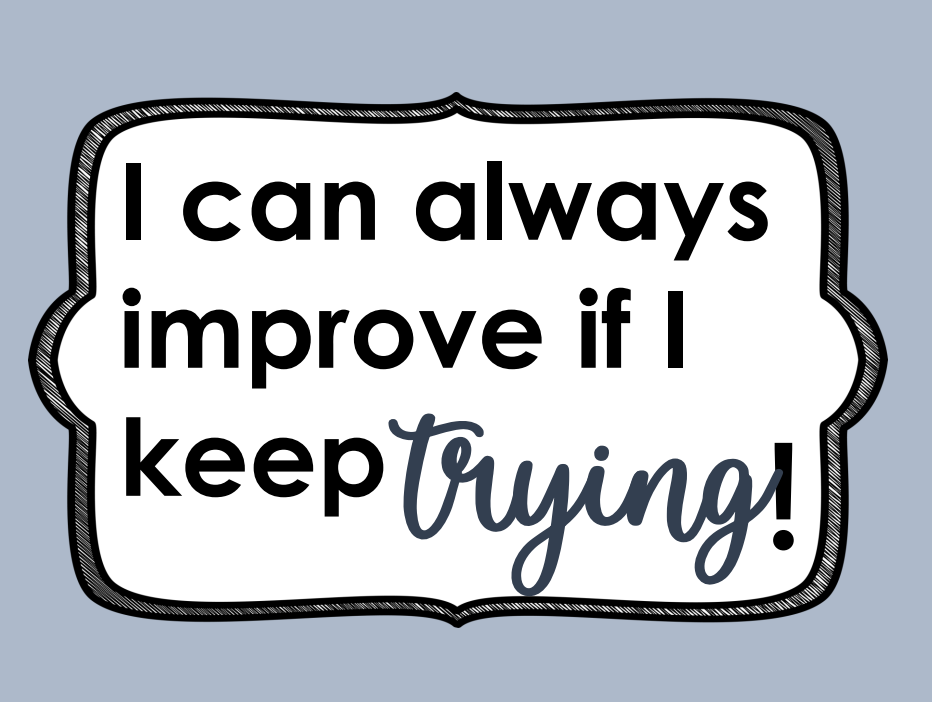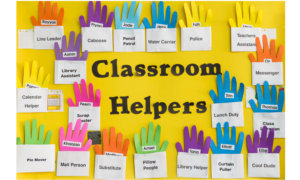Every teacher knows that students come to school carrying all kinds of baggage—family struggles, trauma, mental health challenges, and more. As educators, we naturally want to support our students, meet them where they are, and create a safe space for learning.
But there’s a fine line between helping a student through challenges and lowering expectations in the name of empathy. Too much empathy,—when it leads to excusing behavior or work accountability—can actually do more harm than good. A student having a hard day doesn’t mean they should get a free pass on learning.
The problem is, many teachers don’t even realize they’re doing this. Some are in denial that they’re doing it, while others truly believe that they are being a “good teacher.” But in reality, this approach sets students up for long-term failure rather than success. We don’t want to send the message that struggle = no or low expectations. This lowers their potential instead of helping them develop resilience.
Why Too Much Sympathy Hurts Students
1. It Lowers Expectations and Limits Growth
When we excuse students from learning or behavior expectations because of their personal struggles, we teach them that effort is optional. Over time, this creates a habit of avoidance, making it even harder for them to develop perseverance.
✅ Instead of saying: “This work is too hard for you so why don’t you go pick a game to play instead,.”
🔹 Try: “Let’s work on these problems together.”
We can acknowledge their feelings without removing the expectation to try.
2. It Creates an Unfair Learning Environment
Imagine a classroom where one student, who is feeling sad or upset, is told they can sit out and color instead of doing their assignment—while everyone else is expected to complete their work.
At first, other students may not say anything, but over time, they start to notice: “Why do I have to do my work when they don’t?” This can lead to frustration, resentment, or even students mimicking the behavior to try and get out of work themselves.
3. It Fails to Teach Resilience and Coping Skills
Life is hard, and students need to learn how to push through challenges. If we teach them that feeling sad, tired, or frustrated means they don’t have to try, we’re setting them up to struggle even more in the real world.
Instead, we can teach them healthy ways to cope while still participating:
✔️ Break tasks into smaller chunks
✔️ Allow movement or brain breaks—but set a work goal afterward
✔️ Offer choices to give them a sense of control
✔️ Check in and validate feelings without removing expectations
This helps students learn self-regulation, problem-solving, and perseverance.
How to Balance Empathy and Accountability
1. Get Support for Students Who Need It
If a student is struggling with mental health, trauma, or other challenges, get them the resources they need—whether that’s a school counselor, family support, or academic interventions. But support doesn’t mean excusing effort.

2. Adjust Expectations—Without Eliminating Them
Not every student needs the exact same expectation, but everyone needs some expectation. Instead of letting a student opt out, modify the task to something more manageable:
🔹 Let them work with a partner
🔹 Shorten the assignment
🔹 Give them sentence starters or scaffolds
Small adjustments keep them engaged without making avoidance an option.
3. Model Perseverance and Growth Mindset
If students see that we acknowledge struggles but push through anyway, they’ll start to develop the same mindset. Use language like:
🗣️ “I know this is hard, but I believe in you.”
🗣️ “Let’s figure out a way to get started together.”
🗣️ “You might not feel like doing this now, but I know you can handle it.”
This helps students see that effort matters—even on tough days.
Final Thoughts
Being an empathetic teacher is essential—but too much sympathy can actually hold students back. By supporting students while keeping high expectations, we help them build resilience, take responsibility, and grow into capable learners.
Many teachers don’t even realize they’re enabling students. They believe they’re just being kind and that offering leniency is an act of care. But in reality, too much empathy leads to low expectations, even if that’s not the intention.
Remember: Empathy means understanding, not excusing. Support your students, believe in their potential, and hold them accountable for their learning. They’ll thank you for it in the long run.

